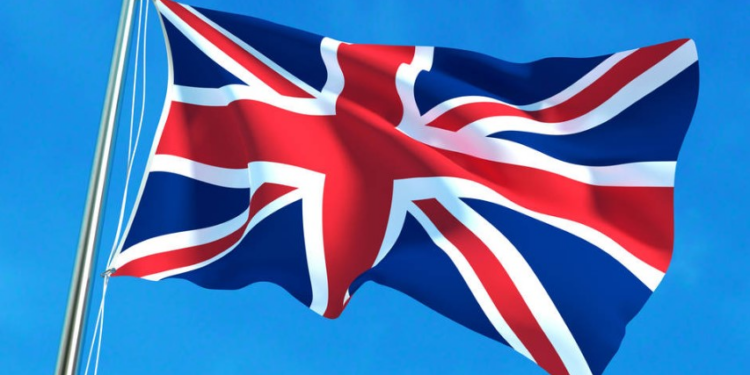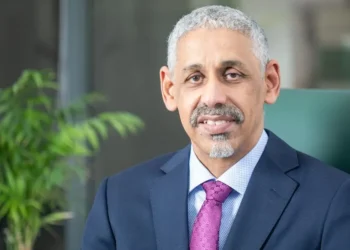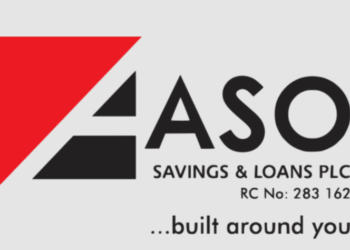The UK government, on April 7, 2025, launched a new call for evidence aimed at breaking down barriers to workplace opportunities for all, regardless of background, race and disability groups.
A “call for evidence” is a formal request issued by a government, organization, or authority to gather information, opinions, or research from relevant stakeholders or the public.
The initiative is part of the government’s broader Plan for Change, which seeks to address issues related to inequality and ensure that people from diverse backgrounds can succeed in the workforce.
According to the UK Government, the call for evidence is a critical step in developing policies to be included in the forthcoming Equality (Race and Disability) Bill.
The public consultation, running until June 30th, 2025, invites input from businesses, trade unions, civil society groups, and others to shape legislation focused on equal pay, improving workplace conditions, and addressing combined discrimination.
Minister for equalities highlights government commitment
Minister for Equalities, Seema Malhotra MP, emphasized the importance of the call for evidence in creating a more inclusive society.
“Our goal is to understand how we can better remove barriers to opportunity and boost household incomes across the country so people can achieve according to their talents, irrespective of their backgrounds,” Malhotra said.
- She added that the responses received would inform policies intended to strengthen equal pay protections for women, ethnic minorities, and disabled people.
- The consultation focuses on several key areas, including ensuring that pay discrimination based on race or disability is effectively addressed, improving the enforcement of equal pay rights, and strengthening protections against combined discrimination. It also aims to create more inclusive and equitable working environments and improve pay transparency.
Focus on equal pay and employment conditions
The government is particularly focused on equal pay issues. One of the primary objectives of the call for evidence is to explore how the right to equal pay can be made more effective for ethnic minority and disabled workers.
- Measures include establishing an Equal Pay Regulatory and Enforcement Unit, improving pay transparency, and addressing pay discrimination in outsourcing services.
- The consultation also seeks feedback on improving workplace conditions, including tackling sexual harassment and ensuring that all employees, regardless of background, have equal access to fair treatment and career advancement opportunities.
This includes the government’s efforts to implement the socio-economic duty to ensure that public policies do not disadvantage individuals based on socio-economic status.
Business and trade union reactions to the consultation
Business leaders and advocacy groups have expressed strong support for the government’s call for evidence. Founder of Small Business Britain, Michelle Ovens CBE, welcomed the initiative, stressing the need to break down barriers that have historically limited opportunities for many.
“Choice and opportunity should be accessible to all, and we look forward to collaborating closely on opening up pathways into work,” she said.
Chief People and Inclusion Officer at the Co-op, Claire Costello, also endorsed the move, emphasizing that equality is central to the company’s operations.
“We believe it’s the right thing to do and a way to promote economic growth,” Costello stated.
- She highlighted the importance of considering socio-economic background as a key factor influencing individual life chances.
- The Chartered Management Institute (CMI) also supported the government’s initiative, with CEO Ann Francke OBE noting the need for business leaders to be equipped with the skills necessary to foster inclusive workplaces.
“The key will be ensuring that leaders and managers have the skills they need to deliver inclusive workplaces that treat individuals fairly and deliver better outcomes,” Francke said.
Calls for stronger protections and greater pay transparency
Other organizations have called for further measures to tackle workplace harassment and ensure all employees are protected from discrimination. Head of Purpose at KERB Food, Priya Narain, stressed the need for clearer guidance on addressing harassment, particularly within the hospitality industry, where workers, especially women and those from underrepresented backgrounds, often face unique challenges.
“We fully support this call for evidence as a necessary step in shaping policy that is both effective and workable for businesses and employees alike,” Narain stated.
Race Equality Director at Business in the Community, Sandra Kerr CBE, praised the government’s move towards mandatory ethnicity and disability pay gap reporting.
“It is critical that government and business work together to make sure these laws work for everyone, so that we can break down these barriers to opportunity once and for all,” Kerr said.
The UK Government’s call for evidence is an important step toward addressing long-standing inequalities in the workplace, and the feedback it receives will help shape future policies aimed at ensuring that all employees, regardless of race, disability, or background, have equal opportunities to succeed.

























